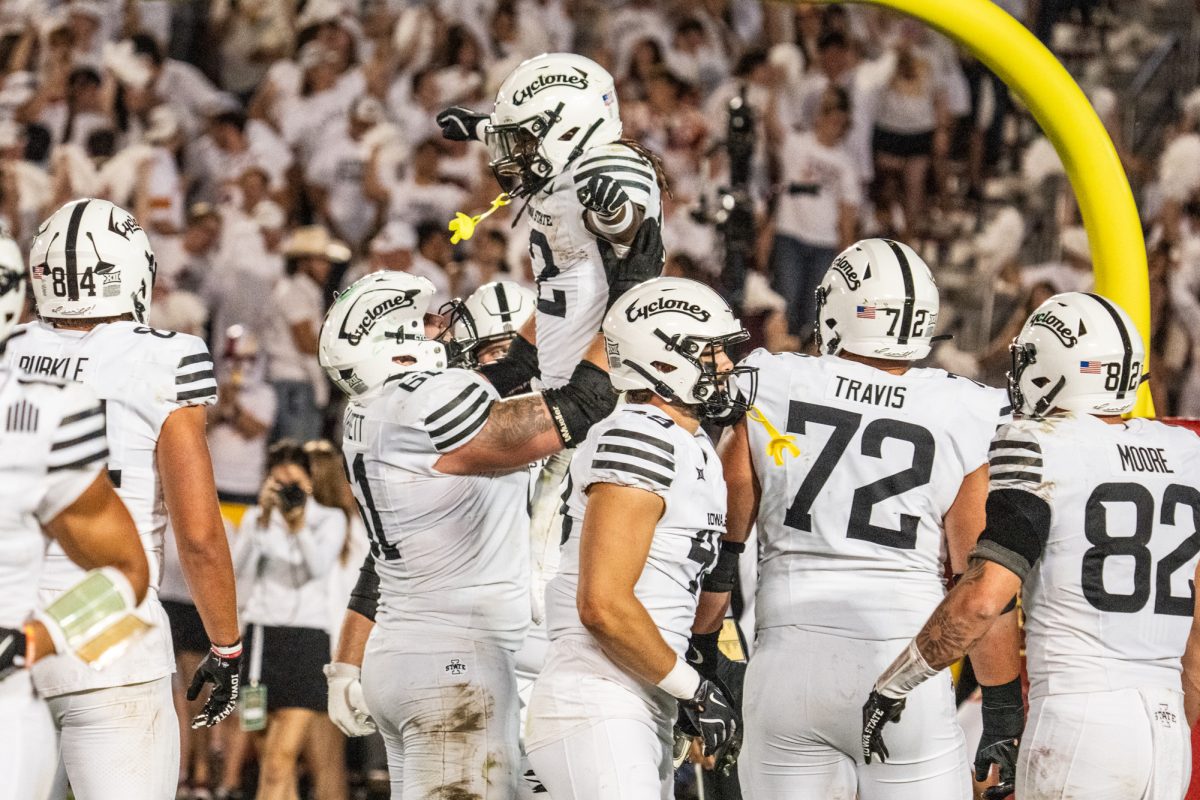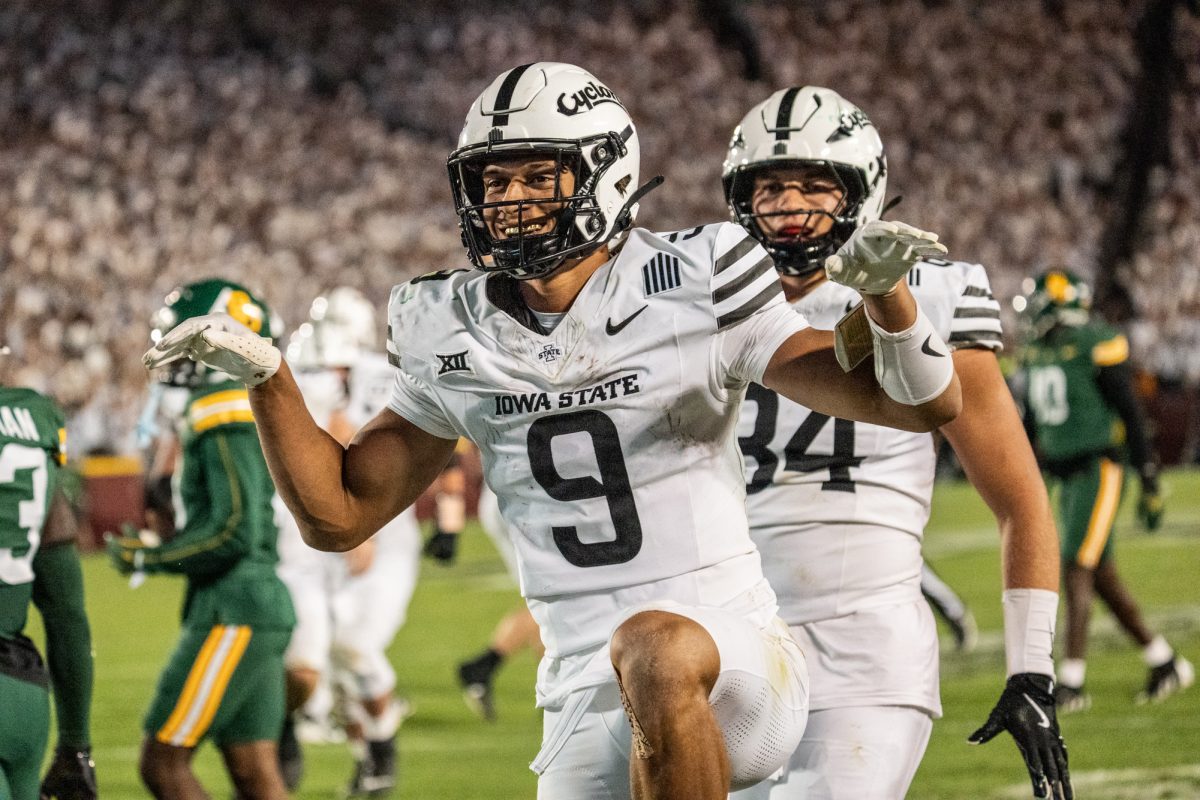Death penalty denies opportunity to study criminals
March 1, 1999
Last week in Jasper, Texas, John William King was sentenced in the dragging death of James Byrd, Jr. Presumably in order to gain membership into a white supremacist organization, King and two friends abducted the 49-year-old black man, chained him to the bumper of their pickup and dragged him for three miles.
It took very little deliberation for the jury to determine that so gruesome a crime merits the death penalty. That wasn’t the preference of the victim’s family. They were happy with the court’s decision, they said, but only because Texas doesn’t allow for a life sentence without hope of parole.
A murderous racist will be put to death. Few will mourn. In the frequently confused and angry society we’ve created, some will actually cheer.
Is it right to execute John King? I saw this question debated on CNN’s “Talkback Live.” A spokesman for Amnesty International said that by killing King we endorse the murderer’s method of dealing with those we find repugnant.
It’s an interesting point, but my purpose here isn’t to debate the morality of capital punishment. My intent is to question its utility. What does it accomplish?
Few people still posit that capital punishment effectively deters violent crime. Statistical evidence simply doesn’t support such a conclusion. Even CNN’s death penalty proponent on “Talkback” was reluctant to make such a claim about its effectiveness.
He suggested merely that John King “deserves to die.” That’s a difficult point to argue.
Although it’s unlikely that John King’s death will deter others like him, it will provide us with a sense of satisfaction that “justice” has been done. It will comfort the victim’s family. That’s fine by me; they deserve comforting.
But wouldn’t it be better if John King’s life could be used in a way that would prevent similar crimes? What if King’s continued existence could be instrumental in saving future James Byrds?
Arthur Dong’s documentary, “Licensed to Kill,” uses interviews with convicted murderers to increase public awareness of hate crimes.
Although this documentary focuses on murderers of homosexuals, it offers a good example of how convicted criminals can contribute (even if unwittingly) to educating the rest of us about social conditions that perpetuate bigotry of any kind.
Speaking of his crimes, convicted murderer Jay Johnson comments on his earlier belief system: “I would think to myself, ‘I’m actually helping, here. This (killing homosexuals) is a constructive, moral thing.’ I watched ‘The 700 Club,’ sometimes, with Pat Robertson … they’re constantly talking about gays.”
The documentary provides an excerpt of Pat Robertson ranting: “When you see the rise of blatant homosexuality and lesbianism, what you also know is that God has given society up … this is a very, very serious thing, and the only people standing in the way of this are those who believe in the Bible!”
Another interview featured convicted mass murderer, Kenneth French. He says: “When the Civil Rights Act was passed in 1964, people automatically assumed they had a right to … many different things — women, blacks, now carryin’ into gays — feel they have a right to be accepted.”
French bemoans the prohibition against prayer in public schools and complains about gays in the military: “At what cost? The military going down the drain, our public schools going down the drain? That doesn’t make sense.”
Unfortunately, such sentiments in America aren’t as rare as the actions they prompted in this unstable man.
Many Americans still believe that homosexuality is against God. Or that women should return to the home. Or that black people are asking for too much. They ignore the results of endless studies demonstrating that African-Americans are still discriminated against on a societal level, even when seeking medical treatment.
We learn something about ourselves when we see such concerns articulated by men like John King or Kenneth French. We learn that our fears of minorities, immigrants and independent women only harm us. Such fears are part of our culture’s sickness.
Because “hate-criminals” often lack the sophistication to couch their ignorance in palatable terms, we easily recognize that there’s something wrong with their thinking.
When we kill John King, the world will be no poorer. But maybe we will have missed an opportunity to use his hatred to learn something crucial about ourselves, something that killing one racist won’t solve.
James O’Donnell is a graduate student in painting, drawing and printmaking from Mesa, Ariz.






